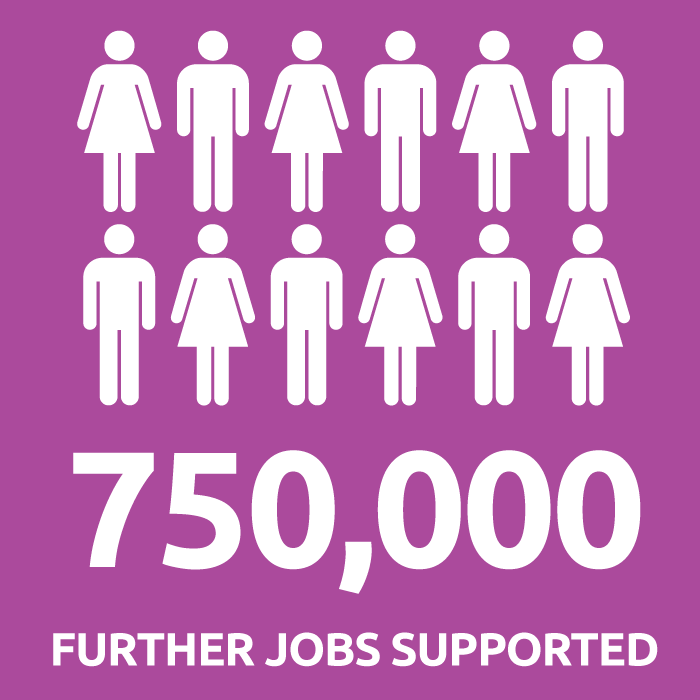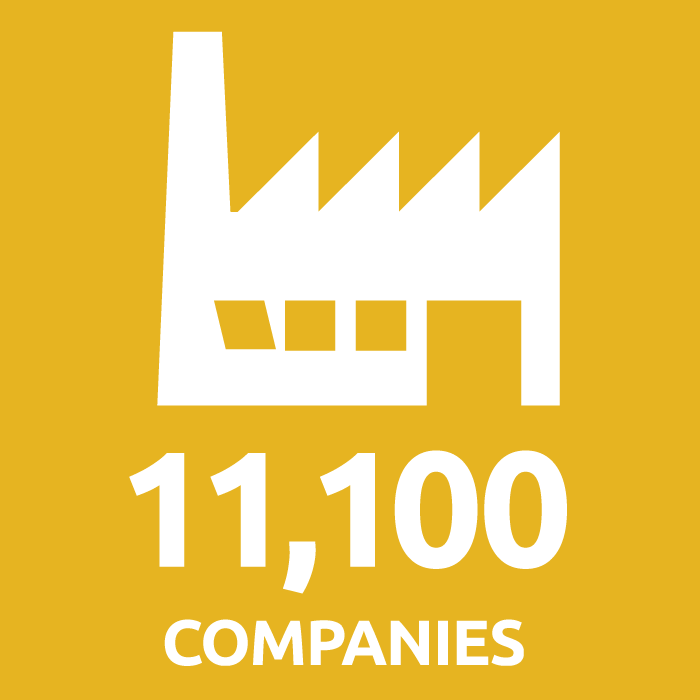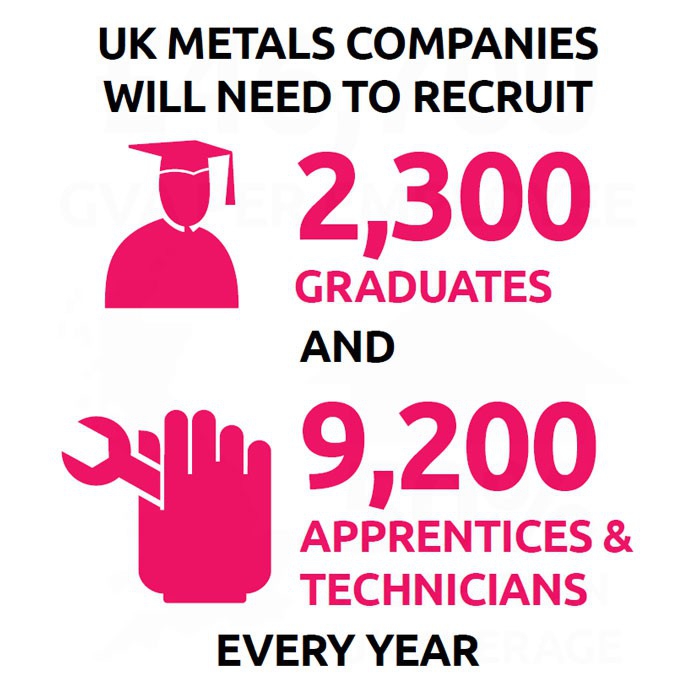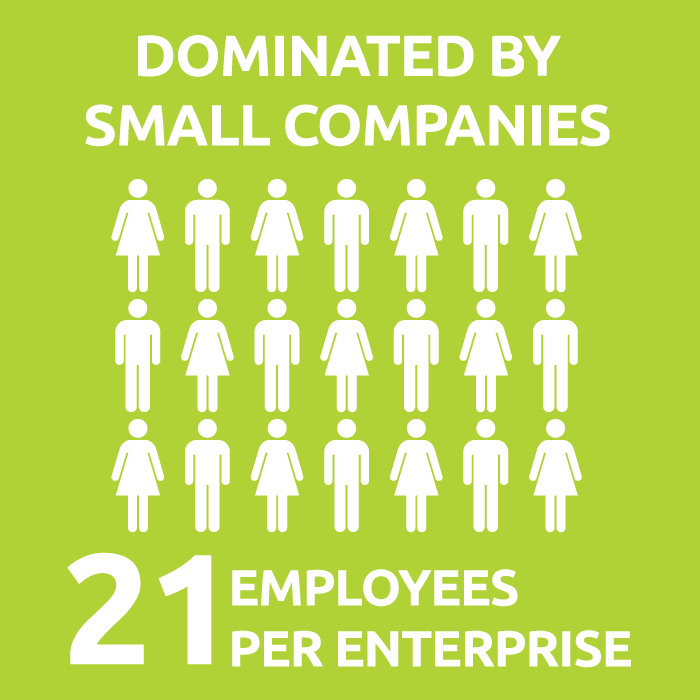To achieve its wider ambitions for growth, the UK Metals Industry will need to attract some 2,300 graduates a year and 9,200 apprentices and technicians. It will also have to retain those it already has and retrain others to acquire the specific skills required for the future. This will be challenging given the image of the industry and the dearth of both vocational training and appropriate degree-level courses.
To overcome the lack of potential employees, the issue needs to be addressed at all levels of education. From the school curriculum to university levels, appropriate subjects need to be taught.
The development of T Levels should provide an excellent opportunity to better align vocational learning with real-world career opportunities in the metals Industry. Standards for T Levels are being written by IfATE and are intended to be employer led, with a planned date for the introduction of T Levels for engineering and manufacturing is in 2023. It is important that the industry engages with IfATE appropriately in developing T Level standards that are relevant to industry and UKMC will support this.
The central position of the Apprenticeship Levy has changed the focus of skills development, which is much more closely associated with varying levels of apprenticeships than previously, up to degree standard. Industry Trade Associations, which are membership-led, are well-placed to identify the differing priorities for levy and non-levy paying members to help ensure that the maximum benefit is available and advise suitably. Because apprenticeships are now wholly based on standards, companies will need significant help in aligning their skill needs with those that are appropriate.
There are concerns that any non-availability of Standards for apprenticeships will lead to a serious lack of support for skills development for both levy-paying and non-levy paying companies, as well as creating cost issues for those levy-paying companies who will not be able to make use of their levy payments.
Metals Industry Trade Associations will actively engage with these companies and with IfATE in such cases where standards do not yet exist. Guidance and support will need to be provided in the Trailblazer Standard preparation processes. Solutions will also need to be found in cases where standards are not deliverable because of problems with provider support or End Point Assessment.
07/09/23 - Metals sector optimistic despite international trade, energy and labour challenges warns new report
Rising energy prices, the impact of life after the EU and labour shortages continue to be the main challenges facing the UK metals sector according to a new report due to be launched next week.
18/07/23 - UK Metals Expo Showcases Innovation and Growth in Metal Manufacturing
BIRMINGHAM, England, July 18, 2023 /PRNewswire/ -- UK Metals Expo (www.ukmetalsexpo.com), the premier event for the metal manufacturing and engineering sectors, will take place on 13th and 14th September at the NEC in Birmingham, UK.
28/06/23 - Metals chief warns that a faltering Apprenticeship Levy is hampering industrial growth.
Manufacturings growth is being hamstrung by an out-of-date Apprenticeship Levy scheme that is failing to address key labour shortages in the workforce says Rachel Eade MBE.





